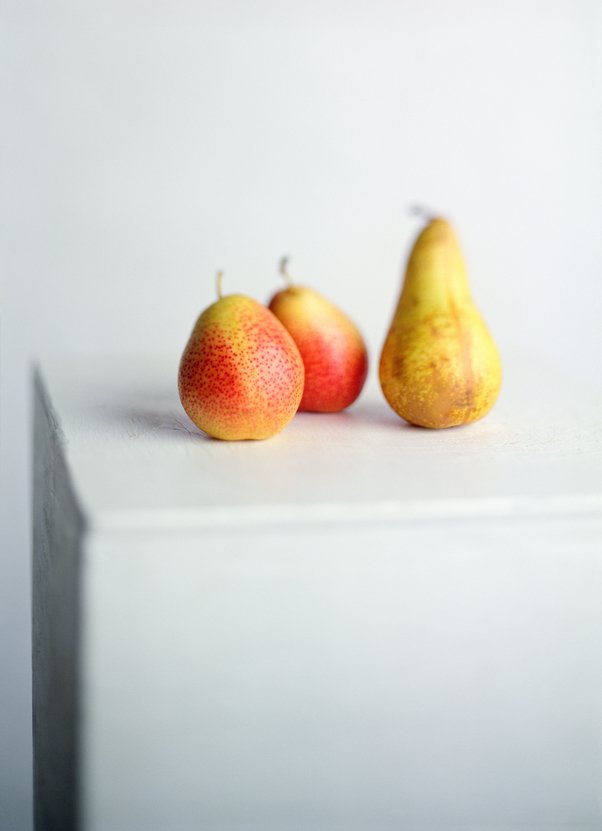
Organic Food 101: Myths, Truths + Everything In-Between
Myths & Truths About Shopping Organic
As conscious consumers we do our best to fill our carts with wholesome, organic fruits and veggies — making sure to give those non-organic produce some serious side-eye as we pass by. Now, maybe you’ve been buying organic way before it was cool but many of us (myself included) haven’t always known what the term “organic” really meant or what the label stands for. So, if you’re hungry for a little more insight, here’s a quick and dirty crash course.
Define, “Organic”…
The organic label is given out exclusively by the USDA and they do not make it easy. What does it mean? Well, the short version defines certified organic products as “demonstrat[ing] that they are protecting natural resources, conserving biodiversity, and using only approved substances.” Other than excluding synthetic pesticides, insecticides and sewage sludge (to name a few), organic farming also:
Reduces pollution
Encourages soil and water conservation
Increases biodiversity (diversity among plants and animals)
Uses crop rotation and mulch to manage weeds
Excludes additives, preservatives and GMOs
Yields a smaller amount of crops per acre
Organic products are not:
More nutritious
100% free of pesticides and insecticides (there are some)
A Healthy Mix
It’s obvious to see that the benefits of organic far outweigh the bad, and because a healthy ecosystem is part and parcel to successful farming, many commercial growers have taken notice. Sewage sludge and toxic chemicals? Nah. Ancient history.
“While it’s always better to buy organic, it’s most important to buy local, seasonal produce. ”
Nationwide, non-organic farmers largely use organic methods simply because it helps maintain healthy and abundant soil year-round. If you’re wondering, why not take the plunge, farmers?! Go all in and get certified, guys! The answer is, sadly, organic farming is too expensive since it’s not funded by the government. Over time, paying for the label can be a less cost-effective way to run their business and so many opt out.
I want to encourage you, as mindful consumers, to keep this greater perspective in mind. While it’s no fault of our own, we’ve become used to a polarized food industry: go Organic or go home, right? Well, it turns out we’re kind of wrong: every farm and grower is different.
Buying Local
While it’s always better to buy Organic, it’s most important to buy local, seasonal produce. After all, you can’t beat knowing where and who your food comes from. I urge you to strengthen that relationship and get to know the people and communities behind them — like my favorite local farmer likes to say, “don’t buy food from strangers.”
